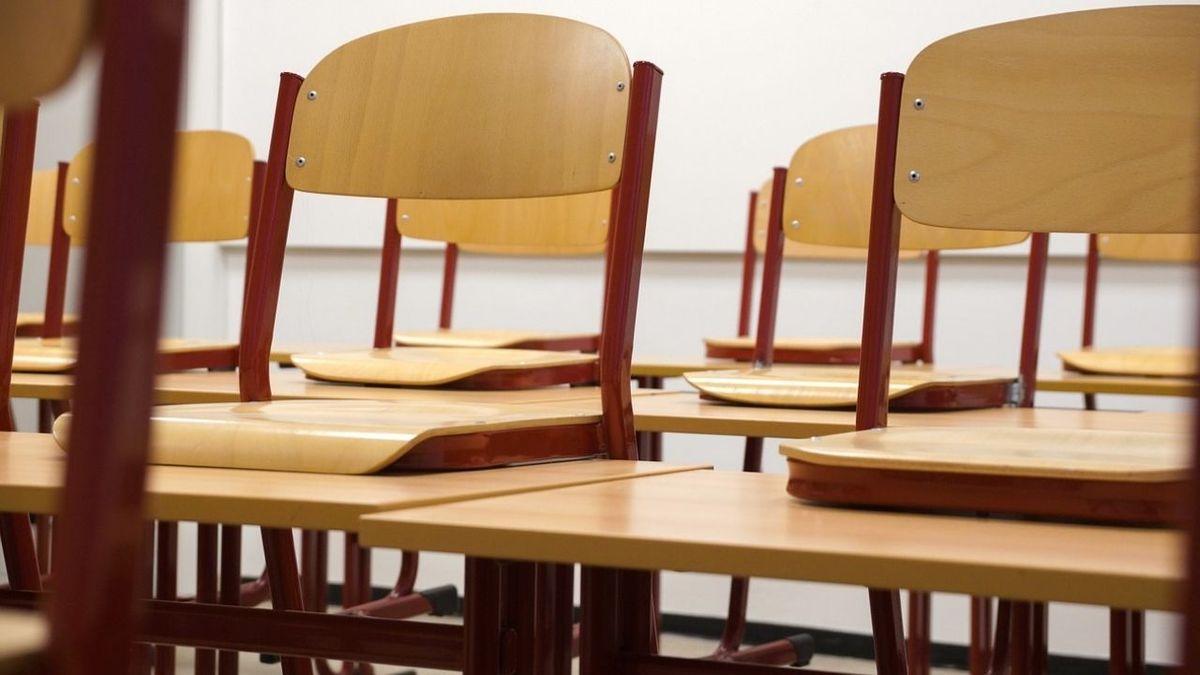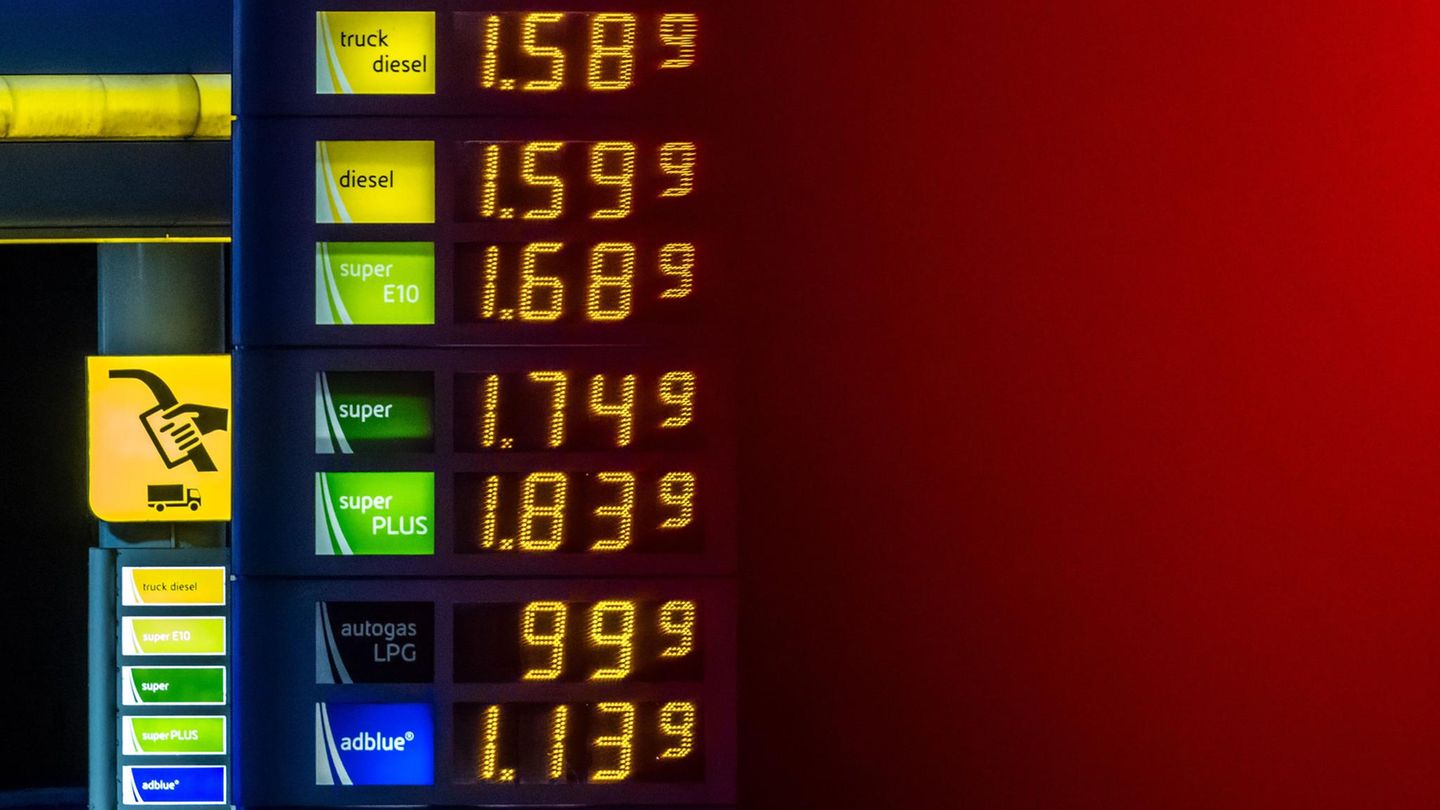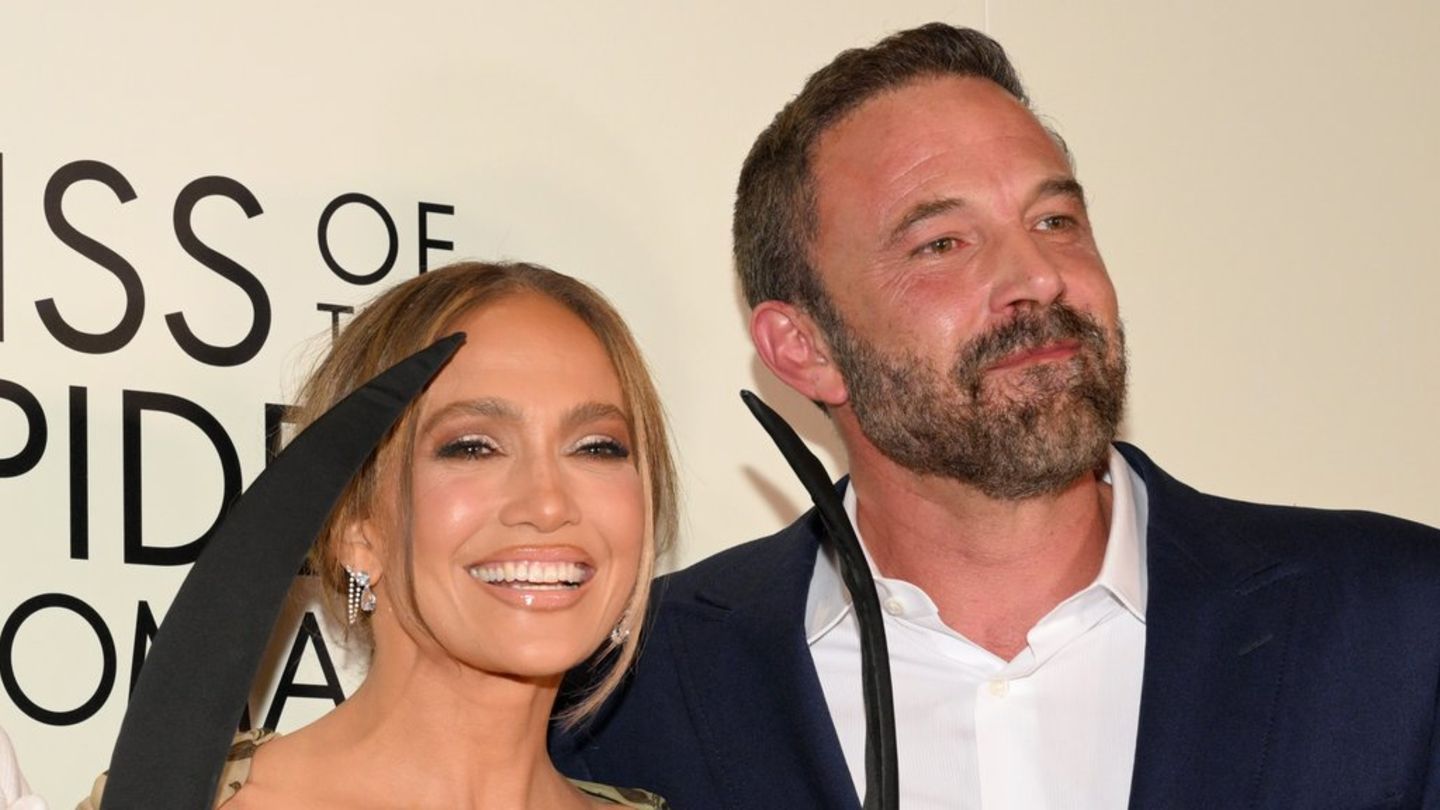The freedom and autonomy of schools is essential and is guaranteed in existing education laws. If we focus on the PROVINCIAL EDUCATION LAW of the province of Buenos Aires, in its article 64 recognizes a single public education system, with two modes of management (state and private) and in article 65 lists a series of general criteria for the organization of institutions educational (there are several, but I want to highlight here some that show that freedom and autonomy of the school). This last article states that institutions can:
a. Define, as a work community, its educational project with the participation of all its members, respecting the principles and objectives set forth in this law and in current legislation”.
b. Promote modes of institutional organization that guarantee democratic dynamics of convening and participation of children, adolescents, youth, adults and older adults in the school experience.
c.Provide the school teams with the possibility of having institutional spaces destined to elaborate their common educational projects and;
d. Make proposals for contextualization and curricular specification within the framework of the provincial curricular guidelines, to respond to the particularities and needs of the students and their context.
The law makes clear reference to the fact that Education, like the management of educational institutions, is the responsibility of different actors, beyond the fact that the State is in charge of developing common guidelines for its operation and coherence.
No one like the management and teaching team together with the educational community of each institution to know what it needs and what the dreams and efforts of that community are. They are the ones who have the opportunity to notice before anyone else that the trajectory of the students in their school is not what was expected or that they are escaping from a system that constantly expels them.
In the evaluation of pedagogical continuity that the Ministry of National Education carried out in June 2020, 1.1 million boys and girls who had dropped out of their schools were detected. 10% of the total if you take the 11 million students that make up the enrollment of the initial, primary, secondary levels. Although there are no reliable official records, it is estimated that there were many more. To these effects of the pandemic we have to add the alarming figures of child poverty in the country, above 50%.
If we focus on the learning outcomes that we observe in each evaluation. According to the Learn 2021 tests carried out in 19,638 primary schools throughout the country, students have greater difficulty learning in Language and showed stability in performance in Mathematics. Educators who are in schools every day already know before the State the levels of understanding of their students, whether or not they can understand basic instructions, and can design strategies to prevent them from repeating, abandoning or becoming frustrated.
The situation that schools experience on a daily basis demands much more than “teaching”, it requires full involvement in the life of each student in order to succeed. When that means that a student can read for the first time, but is in third grade, or that she can understand a basic mathematical rule that she should have learned in elementary school, but is in first year of high school; that’s when a State is needed that encourages, that instils enthusiasm in each teaching team, and not a State that persecutes and detractors teachers.
A state that becomes totalitarian spends all its energy persecuting and impeding instead of encouraging and inspiring to go for more. This is a crucial time for schools to accompany their students by providing them with the tools, spaces and strategies they need to constantly learn and develop skills for life after school.
I cannot imagine that the Ministry of Education (national or provincial) can come out of this true educational tragedy alone. The pandemic and the prolonged closure of schools have left effects similar to a great war in the educational system and to get out of this crisis, we need to call on the whole of society to participate. Just as we had our national pedagogical congress where the whole of society got involved, today we need a post-pandemic plan and not a State discouraging society from participating.
The role of the State -through inspectors, supervisors, authorities in each district-, should be focused on encouraging, accompanying, updating and training the teaching and management teams, but today, in many provinces, and in silence, the teaching teams they feel persecuted and frightened. They are afraid to raise their hands to say that they do not agree with an idea or a rule. They are afraid because they know colleagues who have been sued for thinking differently, for making a decision to fail a student or to attend a congress or a conference organized by a non-governmental organization. Civil society is being left out of education.
We must find a meeting point in which all the actors of society can contribute to the challenge of recovering the school as a space for the construction of freedom. It is not about outsourcing education, nor about delegating the responsibilities that fall to the State. It is about working for a common goal in pursuit of a fairer country that urgently needs all schools to be spaces for growth, development and achievement of high goals for all students.
Teacher, researcher and writer specialized in Education.
Source: Ambito




